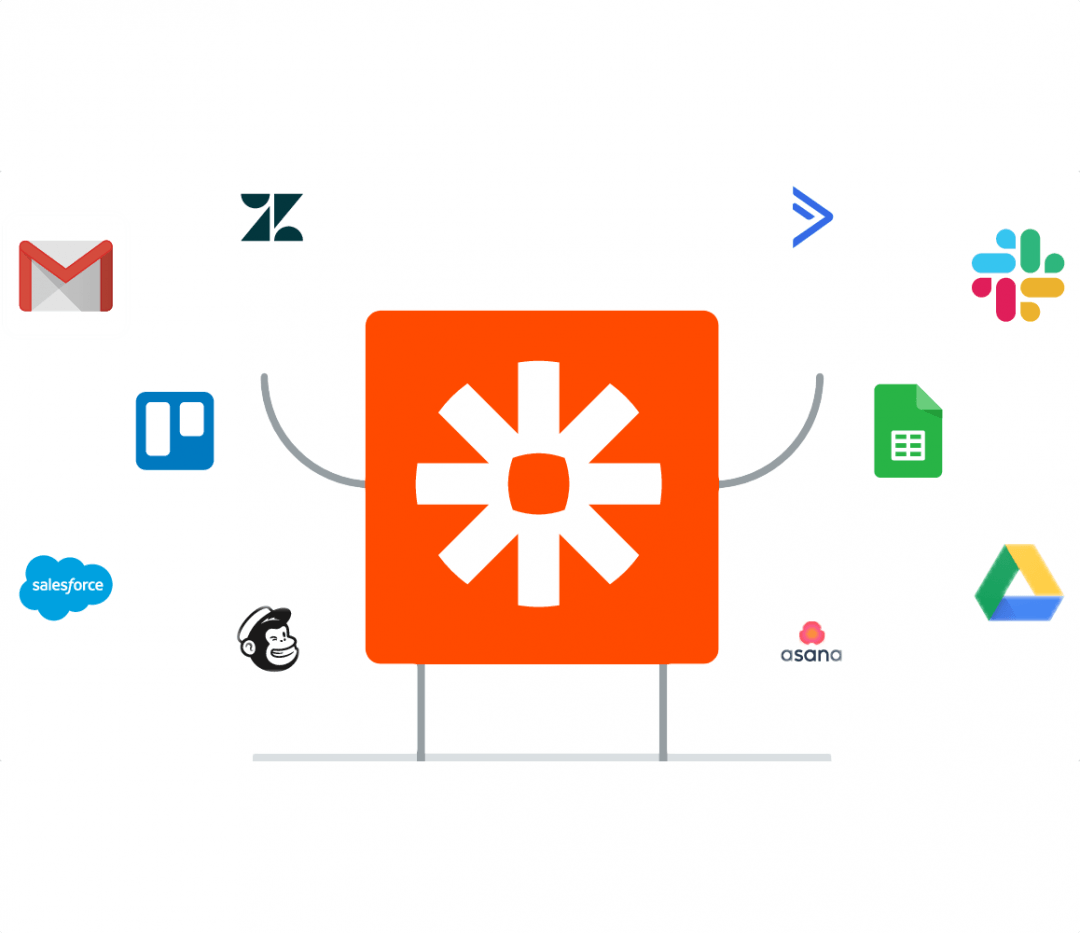March 22 Newsletter
Business Update

How automation can improve business efficiency and productivity
Automation was already on the rise pre-pandemic, but now it has become a business priority. Why? Because the positive benefits of automation pay dividends for those businesses that invest in it. Many business owners don’t know that accountants can offer a lot of assistance in this area: streamlining and automating processes to improve business efficiency, so here are the many benefits.
Automation reduces the time spent on repetitive tasks and the risk of human error.
Expenses is an area that is notoriously labour-intensive, time-consuming for staff to submit and finance departments to process, and it’s extremely prone to human error. The same goes for invoicing and purchase order processing. However, with a streamlined and automated workflow, the whole process is connected through a single system from start to finish. This means it’s a lot quicker and, therefore, cheaper (less time is wasted, and the risk of manual input errors are eliminated), and skilled staff can now spend their time on higher-value tasks.
Automation results in better credit control.
Late payments are one of the biggest causes of stress for business owners, not to mention it has a huge negative impact on cash flow. With the use of credit control software, however, late payments can be greatly reduced. Automation makes it easier and faster for businesses to chase payments; it increases the chances of invoices being paid on time, and it saves 15 hours on average per week on
credit control management.
Automation gives you accurate real-time reporting.
Knowing your numbers is crucial for business success. However, it is both time-consuming and expensive to have your staff monitoring every KPI and to have to trawl through all the data. With automation, however, you have the ability to see your overall business performance at any given time. With real-time financial reports, you can then accurately budget and forecast cash flow and make effective business decisions.
Automation increases both client and staff satisfaction.
Contrary to what people believe, automation does not take away from human interaction. In fact, it does the opposite. Speeding up and streamlining business processes means that your staff have more time and energy to better serve your clients. It gives them the time and means to respond to needs and nurture stronger client relationships.
As well as improving customer service, automation also leads to higher employee engagement. Your staff will no longer have to concern themselves with paperwork or mindlessly boring manual tasks. They will now be free to focus on higher-level, more rewarding tasks such as spending more time with clients to understand their goals and how the business can help deliver those. Satisfied and engaged staff will directly contribute to growing your business so this is a very important benefit of automation.
Automation improves productivity and the bottom line.
Streamlining processes means that staff and the business as a whole work more effectively and efficiently. This time can then be spent on the higher-value tasks that will increase revenue. As well as enhancing workflow, automation can also help solve the current talent shortage as employees can be better trained and developed on the job.
Save time and money with automation
Too often, business owners spend too much time working in the business rather than on it. However, with automation, employees can be relieved from these day-to-day menial tasks to focus on what will directly grow the business.
As well as increasing efficiency and productivity, automation can save you a lot of time and money by eliminating errors and reducing staffing and credit control costs. So, if you want to streamline your business, don’t hesitate to reach out!
Accounting Update

New National Minimum Wage and National Living Wage rates
From 1 April 22 the National Minimum Wage and National Living Wage rates are increasing. Employers should start paying the new rates on the first pay reference period on or after 1 April.
These rates are for the National Living Wage (for those aged 23 and over) and the National Minimum Wage (for those at least school leaving age).
23 and over | 21 to 22 | 18 to 20 | Under 18 | Apprentice
April 2021 (current rate) £8.91 | £8.36 | £6.56 | £4.62 | £4.30
April 2022 £9.50 | £9.18 | £6.83 | £4.81 | £4.81
It is worth having an audit of all of your employees' pay rates to make sure that they are being paid at least the new minimum rates from 1st April 22.
Health and Social Care Levy
From April there will also be a 1.25% increase in National Insurance contributions to help fund investment in the NHS, health and social care. The increase will be applied to working age employees, self-employed people and employers.
App of the month

Easy automation for busy people. Zapier moves info between your web apps automatically, so you can focus on your most important work.
What can it do for me?
Automate whatever slows you down
Create automated online "if" statements, if someone fills out a form online then notify the team on this.
Built out with no code
Gives you back time
Zapier customers save 10 hours of work per week. Pour that back into more meaningful work.Premade zaps
There are thousands of premade zaps that can be put in to your processes from day oneContact us if you would like to know how Zapier could help you.
Team News
We have had fun this month reorganising our office furniture to make way for an additional meeting area and adding some Youtopia touches to make it feel more homely. We are hoping to be able to share some photos with you soon!
We hope that you are also enjoying a productive start to your year. As ever, if you would like to have a chat please get in touch and we would be happy to assist
.
Until next time,
Katherine, David, Ben and Brandon









